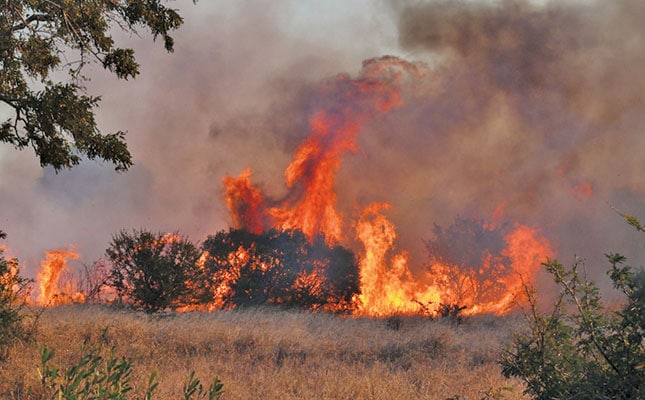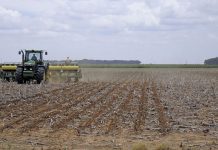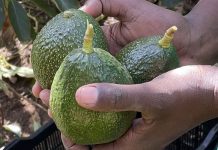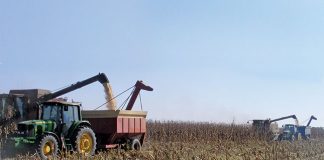
Large-scale veld fires in 2017 would be devastating to agriculture. Therefore, ongoing communication and cooperation between all role players in veld fire prevention is essential.
This was according to Dr Jack Armour, Free State Agriculture’s (FSA) operations manager.
Free State farmers formed the backbone of the fire protection associations (FPAs) in the province, despite the fact that farmers associations’ and FPAs adhered to separate sets of rules.
At a recent meeting of the Free State Umbrella Veld Fire association, Armour called for improved communication and command systems to increase the efficiency of veld fire management.
He added that the province’s 4 590 farmers and 7 793 farm employees were valuable assets in the ongoing fight against the damage caused by veld fires.
“These men and women render services voluntarily, often at great personal and financial risk, in order to keep fires at bay,” Armour said.
He called on all role players in the prevention of veld fires to adhere to the requirements of the National Veld Fire Act.
Municipalities’ non-compliance to the Act in terms of the management of municipal dumps had often resulted in devastating veld fires that destroyed thousands of hectares of valuable grazing.
Armour also said that many fires originated from overgrown provincial road shoulders and called on the relevant authorities to ensure that the roads were maintained as legally required. He added that there was an increase in the number of veld fires caused by arsonists in the province.
During 2014, the Free State lost 422 258ha to veld fires, according to Malcolm Procter, deputy director of Forest and Veld Fire in the Free State.
Calculated at the official carrying capacity in the province of 1MLU/6ha, this meant that grazing for 70 376 cattle had been destroyed.
Armour said that the creation of fodder banks had become crucially important. He recommended that farmers set aside 10% of their annual animal fodder production for emergencies such as veld fires.
This would create a readily available supply at times of need.
The fodder banks would also reduce dependency on fodder donations and high transport costs, and make it possible to render aid timeously, he said.










